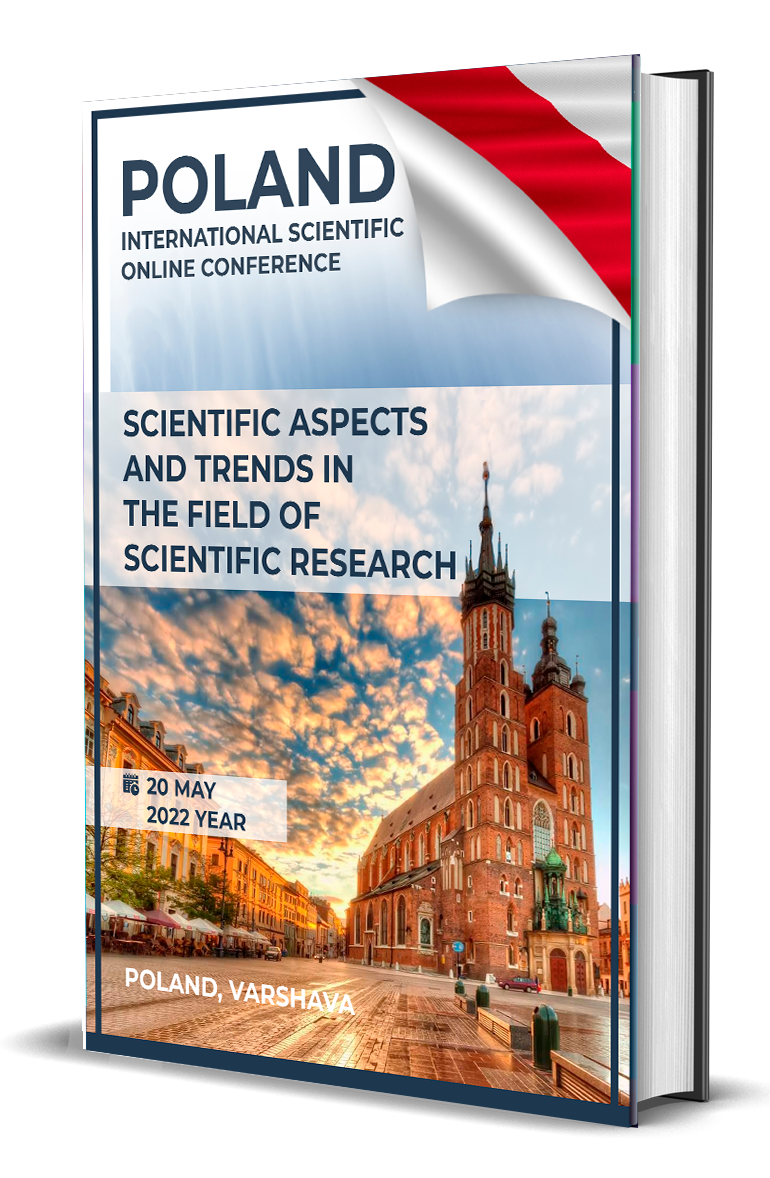PRAGMATIC FEATURES OF MYTHOLOGICAL TERMS IN ENGLISH TRANSLATIONS OF PARADISE LOST
- Authors
-
-
Khusanova Sadokat Jovliyevna
Master of Kimyo International University In Tashkent Branch Samarkand sadokathusanova7@gmail.comAuthor
-
- Keywords:
- mythological terms, pragmatic equivalence, translation challenges, cultural transference, contextual interpretation, dynamic equivalence, literal translation, paraphrasing, hybrid strategies, intertextuality, cultural adaptation, semantic fidelity
- Abstract
-
This study explores the pragmatic features of mythological terms in English translations of John Milton’s Paradise Lost. By analyzing the cultural and contextual implications of these terms, the article examines how translators navigate the challenges of rendering Milton’s intricate mythological allusions for diverse audiences. Focusing on pragmatic equivalence, cultural transference, and contextual interpretation, the study highlights the interplay between source-text fidelity and target-audience accessibility. The findings demonstrate that mythological terms are not merely linguistic constructs but serve as vital conduits for the epic’s thematic depth and cultural resonance.
- Downloads
-
Download data is not yet available.
- References
-
Baker, M. (2011). In Other Words: A Coursebook on Translation. Routledge.
Bloom, Harold. John Milton. Infobase Publishing, 2007.
Griffin, Dustin. Satan's Fall: A Study of John Milton's "Paradise Lost". Oxford University Press, 1984.
Hatim, B., & Mason, I. (1997). The Translator as Communicator. Routledge.
Lewalski, Barbara K. The Life of John Milton: A Critical Biography. Blackwell, 2000
McColley, Diane Kelsey. Milton's Eve: A Psychological and Literary Study of the First Woman. University of Illinois Press, 1983.
Milton, J. (2003). Paradise Lost (Eds. Alastair Fowler). Longman.
Nida, E. A. (1964). Toward a Science of Translating. Brill.
- Downloads
- Published
- 2024-12-30
- Section
- Articles
